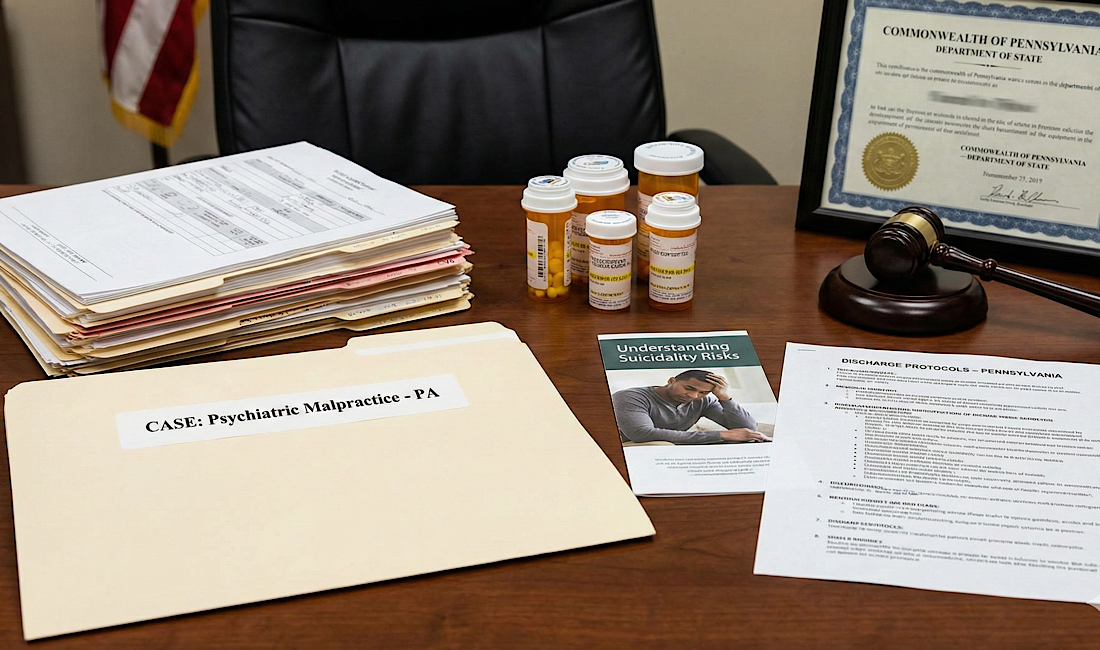What to Do After a Delayed Cancer Diagnosis This Summer

Summer is a season of travel, long weekends, and shifting schedules—but when it comes to your health, delays can be devastating. Across Pennsylvania, many patients postpone follow-up appointments, screenings, or test results during summer months. Unfortunately, some cancers don’t wait. A delayed cancer diagnosis can mean the difference between early treatment and a life-threatening prognosis. If this sounds familiar, now is the time to act.
Whether your test results weren’t communicated properly, or your symptoms were misread during a rushed summer visit, you may have legal grounds to pursue a cancer misdiagnosis claim in PA. This guide explains the warning signs of medical negligence, how to take legal action, and what to expect in your next steps.
Why Summer Delays Lead to Missed Diagnoses
Summer months bring disruption to routine care. Physicians may be out of office, staff shortages can lead to follow-up errors, and patients themselves may cancel or reschedule critical appointments. In this seasonal shuffle, communication breakdowns often result in misinterpreted scans, lost biopsy results, or critical follow-up delays.
Key factors contributing to summer cancer negligence include:
- Overlooked test results due to staff turnover or limited coverage
- Failure to notify patients of abnormal lab or imaging findings
- Dismissal of symptoms as minor or seasonal (e.g., fatigue, weight loss, persistent cough)
- Delayed specialist referrals due to vacation backlogs
- Inadequate follow-up on telehealth or urgent care visits
These issues are not just unfortunate—they may represent a breach of the standard of care. And in cancer cases, time is everything.
What Counts as a Delayed Cancer Diagnosis in PA?
Not every delayed diagnosis is grounds for a lawsuit. But when a healthcare provider fails to act with reasonable diligence—especially when early intervention could have changed the outcome—that may qualify as medical malpractice.
You may have a valid legal claim if:
Your doctor did not follow up on suspicious symptoms or test results
A radiologist misread an X-ray, MRI, or CT scan
Lab results indicating cancer were not communicated or acted on
You were misdiagnosed with a less serious condition (e.g., bronchitis instead of lung cancer)
You experienced a significant disease progression due to delay
If any of these occurred and your condition worsened as a result, a delayed diagnosis attorney can help determine whether malpractice occurred.
What to Do If You Suspect a Delayed Cancer Diagnosis
If you believe your cancer should have been diagnosed sooner, taking the following steps can protect your rights and strengthen your case:
Request copies of all medical records: Include lab results, imaging, and doctor’s notes.
Document your treatment timeline: Note when symptoms began, who you saw, and when.
Get a second opinion: This can confirm how long the cancer was likely present.
Avoid signing anything from the hospital or insurer without legal review.
Consult a malpractice attorney experienced in cancer misdiagnosis cases.
The legal and medical details in these cases are complex. Do not rely on assumptions or verbal apologies. You deserve a thorough investigation—and potentially, financial recovery for what was lost.
Your Questions Answered: Delayed Cancer Diagnosis in Pennsylvania
How do I know if my doctor’s delay was malpractice?
If the delay allowed the cancer to grow or spread, and the physician failed to meet expected standards of care, it may be malpractice. Expert medical review is key.
What types of cancer are most commonly misdiagnosed?
Breast, lung, colorectal, skin (melanoma), and ovarian cancers are often delayed due to symptom overlap with other conditions.
Can I still sue if the cancer was eventually diagnosed?
Yes. The focus is on how the delay affected your outcome—such as needing more aggressive treatment, losing quality of life, or a reduced survival rate.
What compensation could I receive?
You may be entitled to damages for medical bills, lost wages, future care costs, emotional distress, and loss of life expectancy.
How long do I have to file a claim in Pennsylvania?
The statute of limitations is generally two years from the date you discovered—or should have discovered—the negligence. Timing matters, so don’t wait.
A delayed cancer diagnosis can be emotionally overwhelming and medically devastating—but it does not have to be the end of your options. If you believe your provider failed to diagnose your cancer in time, Frischman & Rizza is ready to fight for answers, accountability, and the compensation you need to move forward. Call our Pittsburgh office today at (412) 247-7300 to
schedule your free consultation. Don’t let summer’s delay cost you more than it already has.





